Olly takes the train
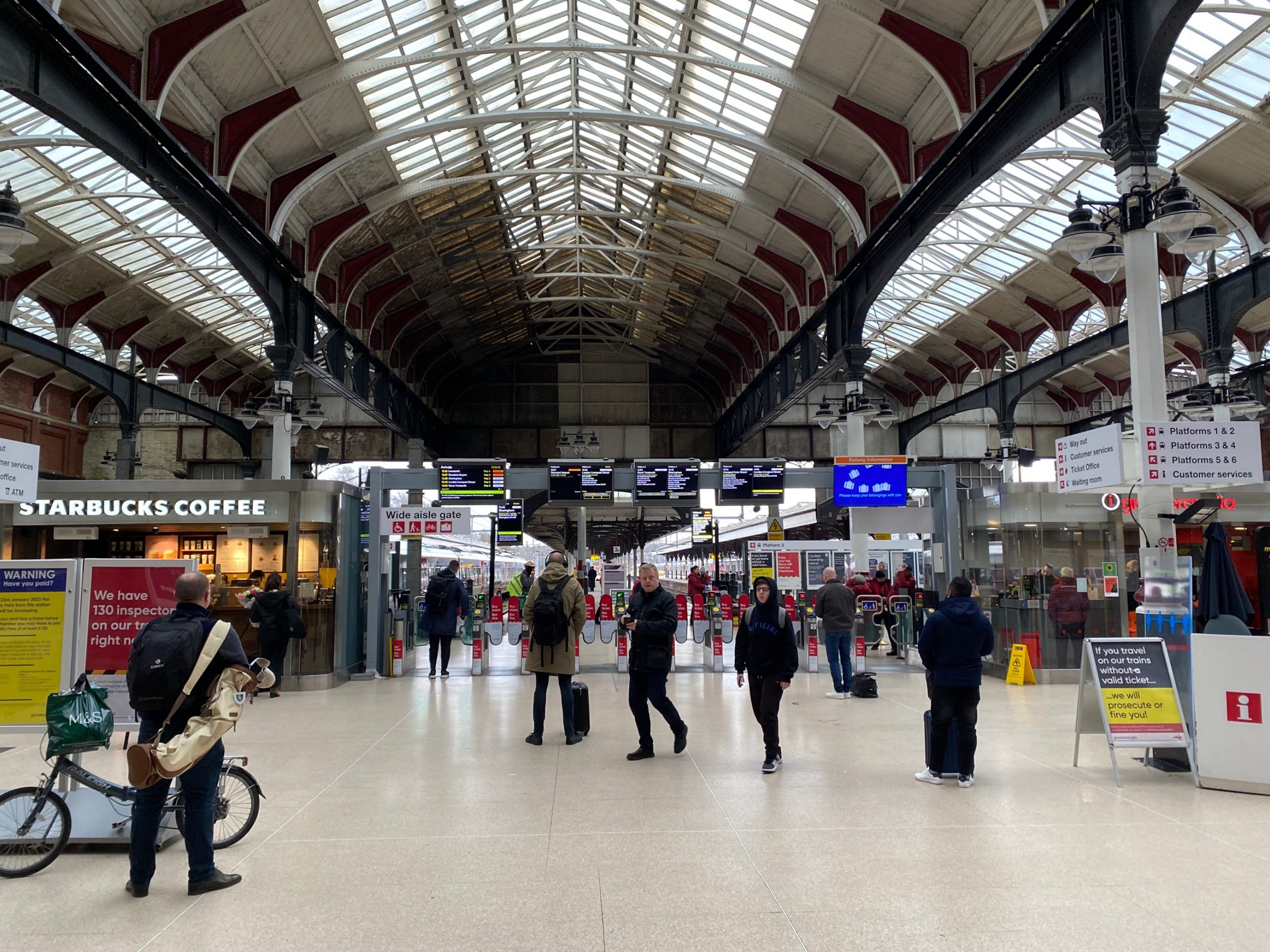
Our mission at Smarter Travel is to minimise the reliance on single occupancy car use, reduce congestion and encourage people to use more sustainable modes of transport in everyday life.
It wouldn’t be a new year without a resolution…So, to show you that it is possible for most people to make changes to daily travels, a member of our office left his car at home and used the train for a week to see if his attitude changes.
A bit of background…
Olly commutes from his home in North Walsham to our office in Norwich, 4 days a week (16 miles each way), and the other day he travels to the University of Suffolk in Ipswich (63 miles each way): usually by driving.
Train week
Firstly, due to the current recurring train strikes it may be said that trains in general aren’t exactly reliable. However, disregarding this peculiar time, statistics show that 72.7% of all trains within a 3-month window in 2022 were on time, and only 3.1% were cancelled.
Additionally, trains can’t exactly get caught in ‘traffic jams’, nor can there be any congestion, which reduces the chance of delays, therefore suggesting trains are mostly efficient and more reliable. In result of this, Olly has been the first one in the office everyday – The boss will be pleased.
People often think that car travel is much quicker than public transport because of its convenience, there is often no journey to get to your transport, merely get in and go. Olly travels to the University of Suffolk one day a week, where he would usually drive, for convenience. But even with a change over on his route, the train still works out quicker.
Cost
Breakdown per day (return)
Drive (16.8 miles) – £6.80
Rail – £10.50
Rail + Railcard = £10.50
Rail + monthly season = £7.44
As you can see, rail is a little more expensive. However, this does not consider the general cost of using your car, such as wear and tear, tax, insurance etc. You are also saving on carbon emissions when taking the train, which we think outweighs the extra cost!
If you’re a shift or flexi worker then Railcard would heavily reduce your fare, but on this incidence, Olly works a 9-5pm, so the Railcard had no effect for him. However, we would still advise the purchase of a Railcard as they can really cut costs down on off-peak hours, great for leisure use. On top of this for peak hours; weekly, monthly, or yearly season tickets are a great investment to save you money in the long run.
The privatisation of the railways has an influence on the prices of tickets; if you are buying last minute and don’t own a railcard or a season ticket, then prices are likely to be higher. The train ended up being a tad more expensive for Olly’s commute, but where he paid the extra cost, he made up for in time gained.
Let’s say just for his commute, 40 minutes in and 40 minutes out is 1 hour, and 20 minutes lost driving everyday. This could become valuable time catching up on emails, learning a language, completing University work or like Olly, reading a book.
Moving away from just transport, train travel has also influenced Olly’s active travel. Typically a car is parked outside of your house, which you drive all the way to park outside of the building you need to go to. Taking away the car has added in extra steps either side of Olly’s journey, the 10-minute walk either side of his train journey contributes to the recommended 30 minutes of exercise each day, which has been great for both his mental and physical health before a day at work or studying.
The verdict
So, his week came to an end, and this is where I would conclude Olly’s week on the train, but it’s difficult to conclude when it hasn’t finished. His willingness to try another mode of transport for a week has stimulated a change in this attitude. He does not take the train every day, but assesses which days are easier on the train, or easier by car.
Moderation is a key takeaway from Olly’s week. As travel planners, we are not saying you must change your travel habits, but if you can reduce your car use by 25% or 50%, we know that you and your community would reap the benefits
So, how could you make a change?


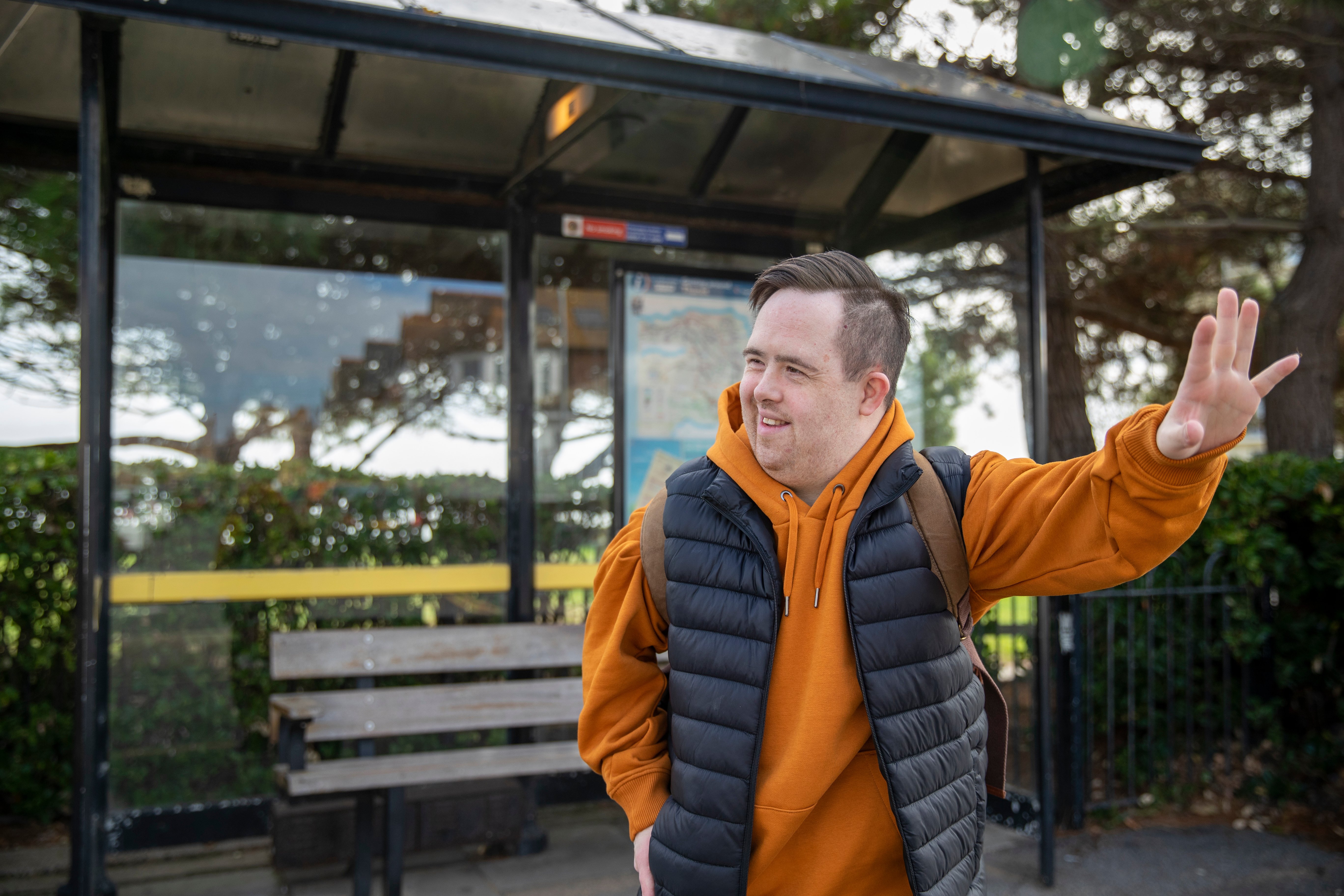
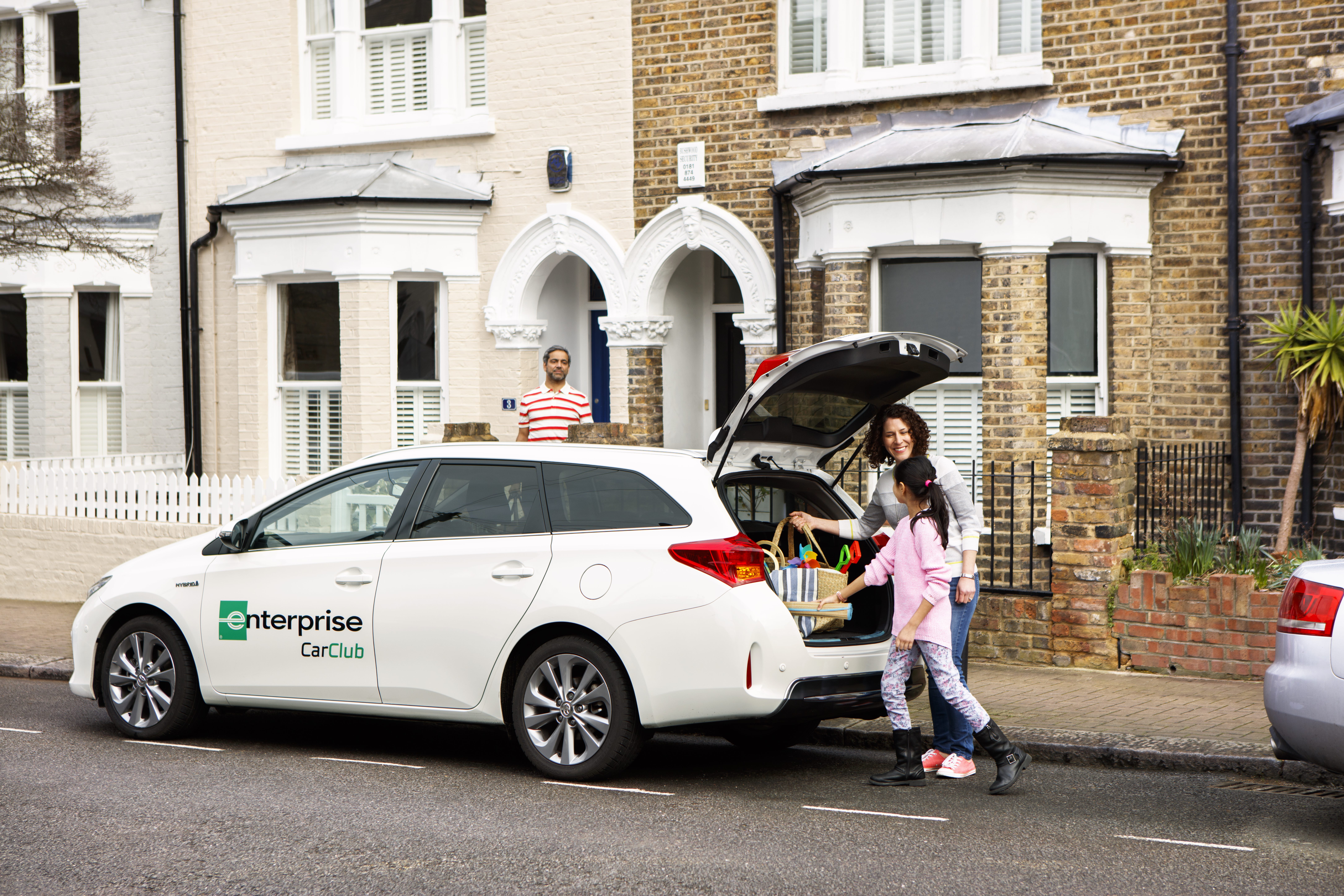
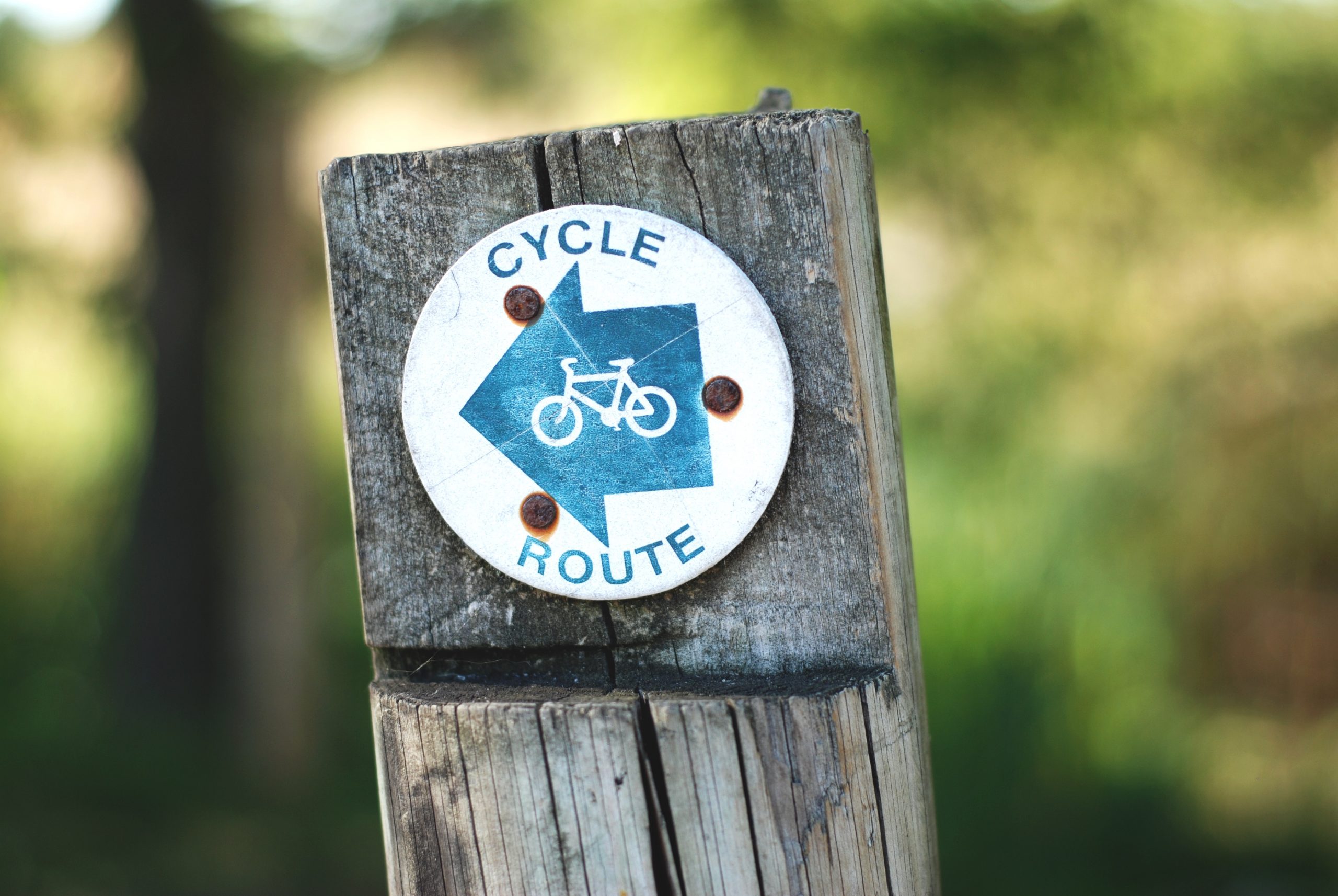
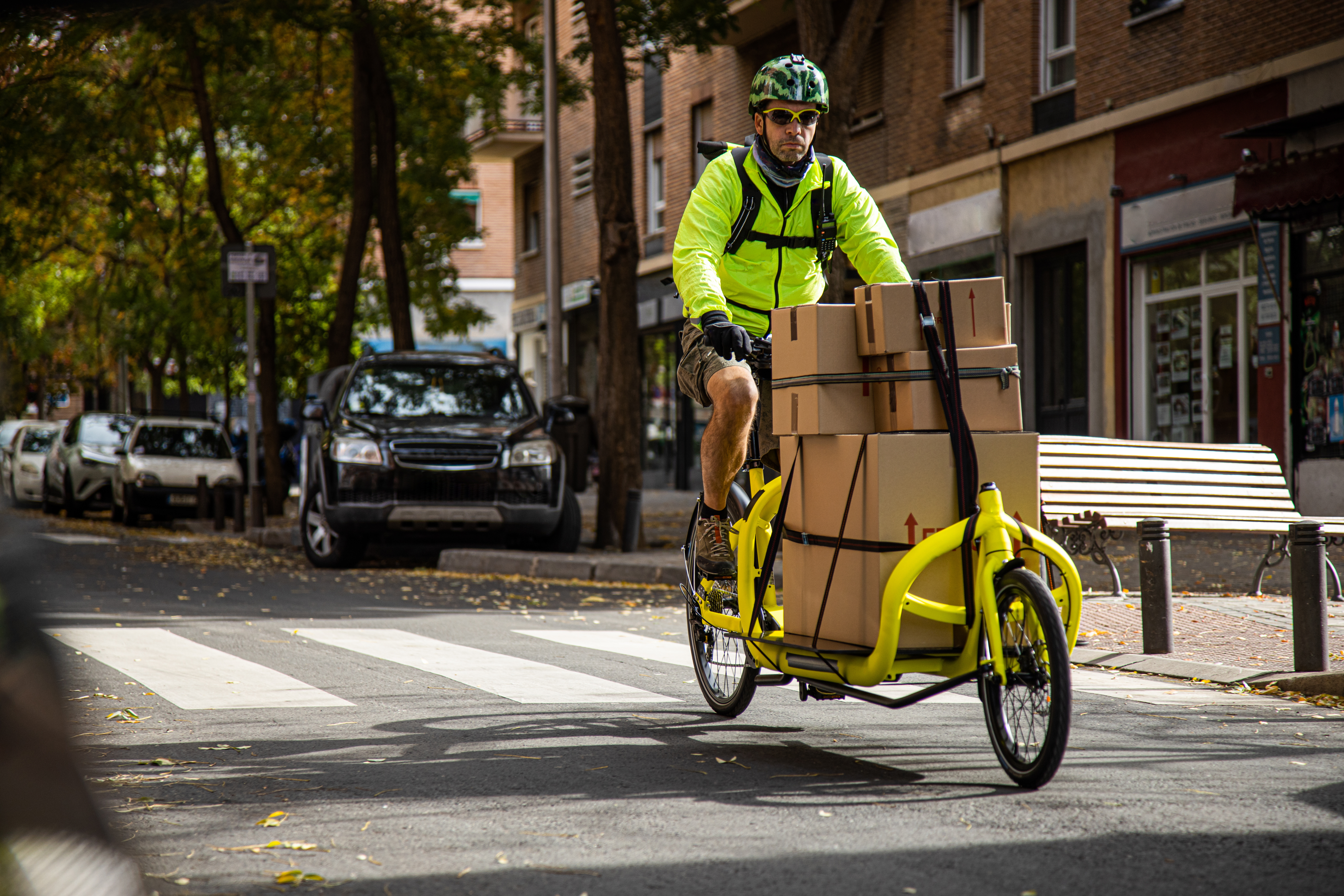




Related Posts